What Does it Cost to Own a Home?
Owning a home is a significant achievement and a source of pride, but it also comes with responsibilities that extend beyond the initial purchase price. Homeownership entails various costs, including taxes, insurance, and ongoing maintenance. Don't let it scare you! Let's explore the often-overlooked aspects of homeownership and provide insights into managing these expenses.
1. Property Taxes: Understanding the Basics
Property taxes are a crucial component of homeownership, as they fund local services and infrastructure. The amount you pay is determined by the assessed value of your property. While property tax rates vary across locations, it's essential to budget for this recurring expense.
Tips: Research local tax rates before purchasing a home (we can help you with that!)
Be aware of potential increases in property taxes due to home improvements.
2. Homeowners Insurance: Protecting Your Investment
Homeowners insurance is a necessity to safeguard your home against unforeseen events such as natural disasters, theft, or accidents. The cost of insurance can vary based on factors like the property's location, age, and construction materials.
Tips: Regularly review and update your homeowners insurance policy to ensure adequate coverage.
Bundle insurance policies (home and auto) to potentially save on premiums.
3. Routine Maintenance: The Key to Long-Term Value
Regular home maintenance is crucial for preserving the value of your property and preventing costly repairs down the line. From HVAC systems to roof inspections, proactive maintenance can extend the lifespan of various components in your home.
Tips: Create a maintenance schedule to stay on top of tasks.
Budget for routine inspections and repairs, setting aside a portion of your income each month.
4. Emergency Fund: Buffering Against the Unexpected
Despite your best efforts, unexpected expenses can arise. Having an emergency fund specifically designated for home-related costs can provide peace of mind when faced with sudden repairs or replacements.
Tips: Aim to have at least three to six months' worth of living expenses in your emergency fund.
Regularly reassess and replenish your emergency fund as needed.
5. Energy Efficiency Investments: Long-Term Savings
Investing in energy-efficient upgrades, such as insulation, solar panels, or smart home technologies, can contribute to long-term savings on utility bills and reduce your environmental footprint.
Tips: Research available energy-efficient incentives or tax credits.
Prioritize upgrades based on your home's specific needs and your long-term goals.
In conclusion, homeownership comes with its fair share of costs, including property taxes, insurance, and ongoing maintenance. But don't forget, this is still an appreciating asset so you will make money long term on a home even with the maintenance costs. Being proactive and budgeting for these expenses can help you navigate the financial responsibilities of homeownership while ensuring that your investment maintains its value over time. Remember, a well-maintained home not only provides comfort and security but also builds equity for the future.
Selling Your Home?
Get your home's value - our custom reports include accurate and up to date information.




